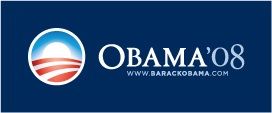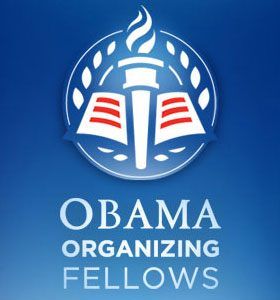Mother Mary Elizabeth Lange
Elizabeth Clarisse Lange was born in 1784 in Haiti or Santiago de Cuba. Her parents fled Haiti during the revolution and went to Cuba, where Lange received her education. She arrived first in Charleston, South Carolina, then traveled to Norfolk, Virginia, and finally settled in Baltimore, Maryland, She came to Baltimore in 1813 and settled in Fells Point. Baltimore had a large population of French-speaking Caribbean Catholics. Lange, a well-educated free black woman in a slave-holding state, also had money from her merchant father. She saw a need in educating children of Caribbean immigrants and slaves, a practice which was illegal at that time.
Lange used her money and set up a school in her home with her friend, Marie Magdaleine Balas. They offered a free education, but after 10 years finances became a problem. Rev. James Hector Joubert, a Sulpician with the backing of the Archbishop of Baltimore Monsignor James Whitfield, came to the rescue. Joubert presented Lange with a challenge to found a religious congregation for the education of black children. Joubert would provide direction, solicit financial assistance and encourage other women of color to become members of the first order of African-American nuns in the history of the Catholic Church.
On July 2, 1829, Lange and three other women (Rosanne Boegue, Marie Balas, and an older student, Almaide Duchemin) took their first vows. Lange took the name of "Sister Mary" and became the first superior general of the new community. The sisters adopted a religious habit of a black dress and cape, with a white cap. They started in a rented house with four sisters and twenty students. The school later became known as St. Frances Academy, and is still in operation today in Baltimore. While experiencing poverty, racism, and untold hardships, the Oblate Sisters sought to evangelize the Black community through Catholic education. The Oblate sisters educated youths and provided homes for orphans. They nursed the sick and dying and sheltered the elderly. In addition to schools, the sisters later conducted night classes for women, vocational and career training, and established homes for widows.
Mother Mary's early life prepared her well for the turbulence that followed the death of Father Joubert in 1843. There was a sense of abandonment at the dwindling number of pupils and defections of her closest companions and co-workers. Yet through it all Mother Lange never lost faith in Providence. Mother Mary Lange practiced faith to an extraordinary degree. In fact, it was her deep faith which enabled her to persevere against all odds. To her black brothers and sisters she gave herself and her material possessions until she was empty of all but Jesus, whom she shared generously with all by witnessing to His teaching. In close union with Him, she lived through disappointment and opposition until God called her home, February 3, 1882 at Saint Frances Convent in Baltimore, Maryland.
Information sorces:
Wikipedia, the free encyclopedia
baltimoresun.com/features/black-history-month/bal-blackhistory-lange-story.html
motherlange.org/index.html
oblatesisters.com/MotherLange.html
Mother Lange Video, educational Version
Mother Mary Lange May Become The First African-American Saint
Black Nuns and "Subversive Habits"
Currents anchor Liz Faublas speaks with Dr. Shannen Dee Williams, a professor at the University of Tennessee, who is completing the manuscript for a book about Black Catholic Religious Sisters in the United States titled "“Subversive Habits: Black Nuns and the Struggle to Desegregate Catholic America after World War I.”









































